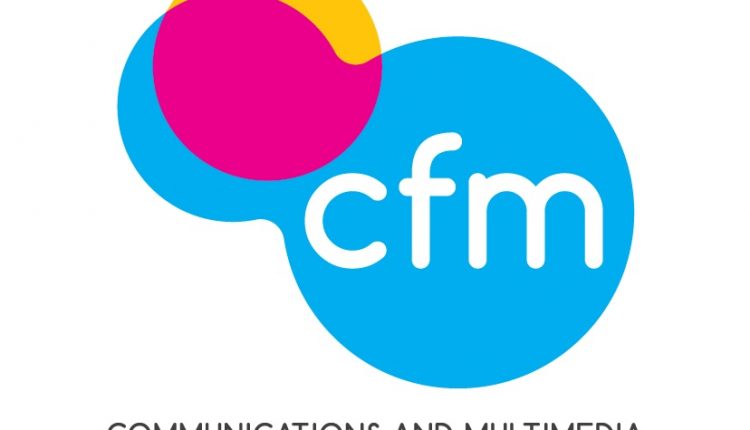CYBERJAYA, Jan 25- With the implementation of the current Movement Control Order (MCO), the Communications and Multimedia Consumer Forum of Malaysia (CFM) would like to remind consumers to be extra vigilant in protecting their online security and safety.
-Advertisement-
“With the implementation of the MCO, it has become a norm for us to socialise and stay in touch with friends and family virtually to seek a bit of respite from being stuck at home.
However, we are also aware of the reports and statistics from PDRM highlighting the rise in number of people falling victim to cybercrime such as scams, hacking, and identity theft almost every day in the news.
In mitigating this issue from becoming more widespread, CFM would like to encourage all online consumers to be proactive in protecting our online security for our own safety.” said CFM Chairman Datin Mohana Mohariff.
Therefore, it is important for consumers to practice safety measures online. Here are CFM’s 6 important tips for staying safe online:
1. Update all your software and firmware
Vulnerabilities in outdated software and firmware may allow hackers to gain access to your systems. This applies to all your devices, including your mobile, your tablet and your home router.
Do not only depend on an office-managed IT network to do this, you should proactively update to ensure security holes have been repaired. Consider turning on automatic updates.
2. Password security
For all your devices and work-related accounts, you should change any default passwords and use strong passwords instead.
Ensure that these passwords are hard to guess and do not contain birthday variations, home address, family and/or pet names.
Also change/update your passwords regularly.
-Advertisement-
3. Be wary
Do not open mail or messages from strangers, do not click on strange-looking links and be very careful with your personal and financial information.
Your email or messages might be loaded with viruses and malware even if the message is coming from someone known to you.
If there are typos in the mail or you just are not sure, check with your contact. Before purchasing on a website, ensure that the URL starts with https://. The ‘s’ indicates that the connection is encrypted.
4. Use Two-Factor Authentication
Wherever possible, enforce two-factor authentication (2FA). This is a further step in proving your identity beyond a single-use password or token device for access.
If hackers manage to steal your password, they will still have to overcome another level of identity authentication.
5. Use an Antivirus Solution
A powerful antivirus solution for your device will afford you peace of mind when it comes to malware.
6. Use a Virtual Private Network (VPN)
A Virtual Private Network (VPN) is a service that sets up an encrypted and secure private network of its own across a public network to prevent your data traffic from spying or tampering.
Further tips can be found on CFM’s consumer portal, consumerinfo.my.– BERNAMA

